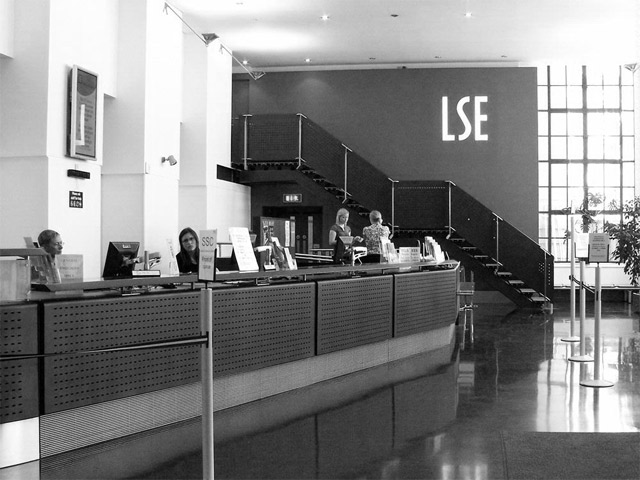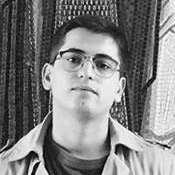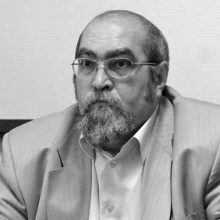[EN] Лондонская школа экономики продолжает грантовую программу для российских историков «Paulsen Fellowship Programme»
Paulsen Fellowships at the LSE for early-career Russian Historians.
 1 548
1 548 
Paulsen Fellowships at the LSE for early-career Russian Historians
The Fellowship Scheme
Thanks to the generosity of a private foreign donor, the LSE is able to offer one three-month and three one-month fellowships to early-career Russian historians. The aim of the fellowships is to enable early-career Russian historians holding positions in regional universities to carry out research, above all in British archives and in the British Library. Though it is envisaged that the fellows will spend most of their time in London, funds will be available to allow the fellows to travel to conferences and visit scholars in their fields. The LSE will also pay for the fellows’ travel expenses from Russia to London and back, accommodation in London and a subsistence allowance for living expenses and research costs. It will also help fellows to secure visas to visit Britain to take up the fellowship.
Candidates
Those applying for the fellowships must be citizens of the Russian Federation who are historians holding candidates’ degrees and are employed as junior faculty at regional universities (ie not employed in institutions located in the cities of Moscow or Saint Petersburg). Successful candidates will be working in the period 1700-1917. Preference will be given to historians of Imperial Russia’s foreign policy, military and diplomatic services, and of Russia’s relations with the outside world, broadly conceived (in other words not just military and diplomatic but also intellectual , economic, social and cultural). No specific priority will be given to historians of Britain or of Anglo-Russian relations but all successful candidates will need to show above all how a fellowship in London will benefit their research and publications. This must include the benefits derived from working in British archives and libraries, though meeting specified Western scholars and attendance at specified conferences are additional, supplementary reasons to apply for these fellowships. Ability to read English is essential and so is basic competence in spoken English, which will be tested at the interviews of short-listed candidates. Preference will be given to candidates at the beginning of their academic careers.
Application Procedures
Applications for the academic year 2013-2014 are now being accepted. Candidates must apply to Liza Ryan at LSE IDEAS by email to [email protected] by 15 February 2013. They must provide:
- a curriculum vitae in English or Russian
- a statement of 2000 words in English setting out their current research and how it will benefit from receiving a LSE fellowship
- a letter from their department stating that they hold an academic post within it and that they possess a candidate’s degree
- a list of publications
Applicants must state whether they wish to be considered for a three-month or a one-month fellowship, or for both. They must also state if there are periods when they would not be able to take up the fellowship in London during the academic year. The dates for the academic year 2013-14 are:
- Michaelmas Term: Thursday 3 October — Friday 13 December 2013
- Lent Term: Monday 13 January — Friday 21 March 2014
- Summer Term: Monday 28 April — Friday 5 July 2014
All applications must be sent to Liza Ryan at [email protected]. Applicants will receive an email acknowledging receipt of their applications.
If you do not receive a receipt then re-send your application. On the basis of these email applications a shortlist will be chosen by LSE historians.
Candidates shortlisted will subsequently be brought to Pyatigorsk for an interview conducted in Russian and English by LSE faculty in May 2013 (dates to be confirmed). Their travel and accommodation in Pyatigorsk will be paid for by LSE. When candidates are told that they have been shortlisted they will be asked to confirm that they can attend the interviews on the dates specified. They will be requested at this point to provide a letter of recommendation in Russian and copies of two pieces of published work.
Four of the shortlisted candidates will be chosen as LSE Fellows, with a fifth candidate nominated as a reserve. Candidates who fail to win fellowships are welcome to re-apply in subsequent years.




Комментарии